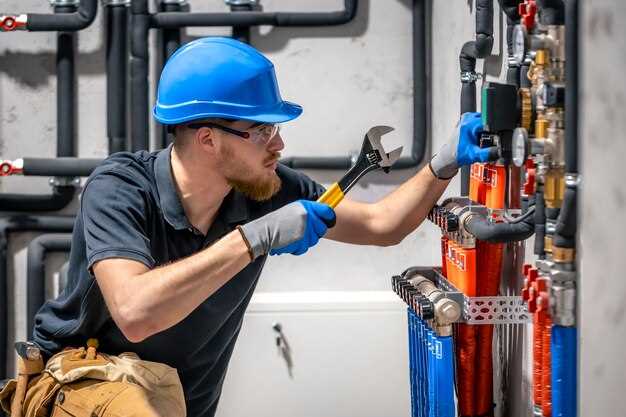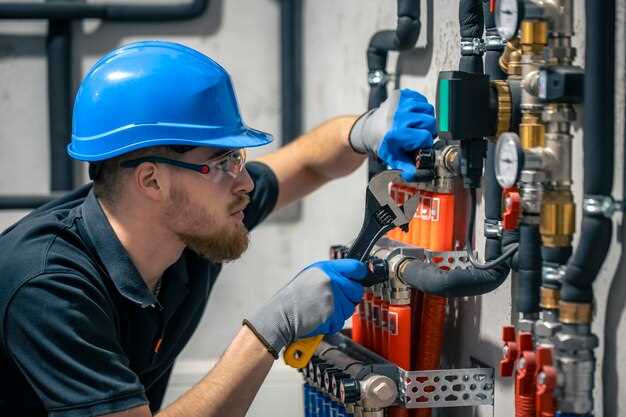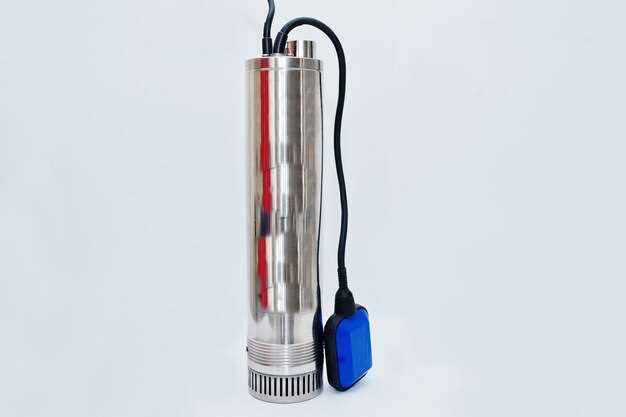
Your water pump plays a critical role in ensuring your vehicle runs smoothly by circulating coolant throughout the engine. Over time, this essential component may show signs of wear and tear, necessitating a replacement to avoid severe engine damage. Understanding the indicators of a failing water pump can save you time, money, and stress in the long run.
Recognizing the Symptoms is the first step in determining whether a water pump replacement is necessary. Common signs include unusual noises, leaks, and overheating. Each of these symptoms can lead to significant issues if not addressed promptly. Therefore, it is crucial to pay attention to any changes in your vehicle’s performance and address them swiftly.
In this article, we will explore the key signs that indicate your water pump may need replacing. By understanding these warning signals, you can take proactive measures and ensure your vehicle remains in optimal condition, preventing potential breakdowns and costly repairs.
Unusual Noises Indicating Water Pump Failure

One of the first signs that your water pump may be failing is the presence of unusual noises. These sounds can be indicative of underlying issues that, if not addressed promptly, could lead to more significant problems. It is essential to pay attention to these noises to take appropriate action.
Grinding or Whining Sounds: A grinding or whining noise often suggests that the water pump’s bearings are worn or damaged. This wear can result from age or lack of lubrication. If these sounds persist, it is crucial to inspect the pump to prevent further deterioration and potential failure.
rattling or Clanking Noises: If you hear rattling or clanking noises, it may indicate that components within the pump are loose or damaged. This can include impellers, which are critical for generating water flow. Ignoring these sounds can lead to complete pump failure, necessitating a replacement.
High-Pitched Squeals: A high-pitched squeal typically points to issues with the pump’s drive belt or a lack of lubrication. If the belt is frayed or has become misaligned, it can cause significant strain on the pump’s motor, potentially leading to a breakdown.
Heavy Humming: An unusual heavy humming noise could indicate that the pump motor is struggling to operate efficiently, possibly due to an electrical issue or blockages within the pump. It is essential to investigate the root cause to avoid sudden pump failure.
Listening to your water pump for these unusual noises is vital for maintenance. If you experience any of the mentioned sounds, it’s advisable to consult a professional to diagnose the issue and determine whether a replacement is necessary.
Warning Signs of Overheating in Your Water Pump
Overheating in a water pump can lead to severe damage and costly repairs. Identifying the warning signs early can help prevent complete failure. Here are key indicators to watch for:
1. Elevated Temperature: One of the most obvious signs of overheating is an increase in temperature. If your water pump feels excessively hot to the touch, this may indicate a problem with the cooling system.
2. Unusual Noises: Listen for strange sounds such as grinding or whining. These noises can indicate that the pump is struggling and may be overheating due to friction or lack of lubrication.
3. Decreased Performance: A sudden drop in water pressure or flow rate can signal that the pump is overheating and unable to function efficiently. This could lead to insufficient cooling for your engine or system it supports.
4. Warning Lights: Many modern vehicles and systems have warning indicators on the dashboard. If you see a warning light relating to the water pump or engine temperature, take it seriously and investigate further.
5. Fluid Leaks: Overheating can lead to component failure, resulting in leaks. Check for fluids pooling around the pump area, as this can indicate a seal failure or other damage due to excessive heat.
6. Burning Smell: An unusual burning odor can arise from overheated components. This smell may be a sign that bearings or seals are breaking down, which can further damage the pump.
7. Smoke: In extreme cases, you may notice smoke emitting from the pump or surrounding areas. This is a critical sign that immediate action is needed to prevent catastrophic failure.
In summary, being vigilant about these warning signs can help you address potential overheating issues before they lead to major repairs or replacements. Regular maintenance and inspections are essential to keep your water pump functioning efficiently.
Decreased Water Pressure: When to Act

Experiencing decreased water pressure can be a frustrating issue that affects your daily activities. If you notice that water is flowing slower than usual from faucets, showers, or appliances, it may indicate a problem with your water pump. Early intervention can prevent more significant issues and costly repairs.
Assessing the situation is crucial. Begin by checking multiple taps in your home. If the drop in pressure is consistent across various fixtures, the issue is likely centralized to your plumbing system or the water pump. However, if it’s localized to a single tap, debris or mineral buildup within that fixture could be the culprit.
Monitor the water pressure at different times of the day. If pressure fluctuates significantly, it could signal that your pump is struggling to maintain adequate supply. An evident decrease when multiple outlets are in use may indicate that your water pump can no longer keep up with demand, necessitating its replacement.
Additionally, listen for unusual noises coming from the pump itself, such as grinding or hissing sounds. These can indicate internal damage or wear that may be contributing to the decreased performance. Frequent cycling on and off can also be a warning sign that your pump is working harder than it should be, leading to premature failure.
If your water pressure has decreased significantly and is affecting your quality of life, it’s time to take action. Contacting a professional for an inspection can provide clarity on whether your water pump needs replacing or if other plumbing issues warrant attention. Addressing decreased water pressure early can save you money and ensure consistent water delivery in your home.




